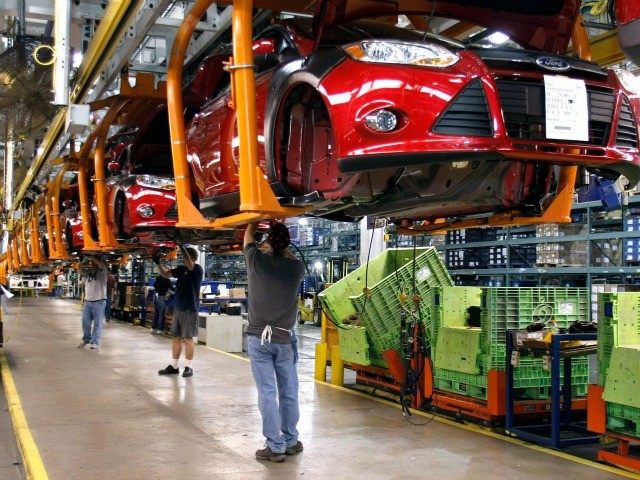Changes to USMCA steel requirements give Mexican auto sector headache

Reuters | 5 June 2020
Changes to USMCA steel requirements give Mexican auto sector headache
by Sharay Angulo
MEXICO CITY, June 4 (Reuters) - Late changes to a new trade deal agreed by the United States, Mexico and Canada will make it harder for companies in the auto sector to meet requirements for use of regional steel and aluminum, a local industry lobby said on Thursday.
The modifications affect new content requirements for the industry under the United States-Mexico-Canada Agreement (USMCA), which will come into effect in July, replacing the 1994 North American Free Trade Agreement (NAFTA).
To qualify for tariff-free trade, makers of heavy vehicles must meet various requirements, including a 60% regional content threshold that will increase gradually and 70% regional inputs of steel and aluminum, which also apply to automakers.
Miguel Elizalde, head of the Mexican heavy vehicle makers’ association ANPACT, said late adjustments meant the industry would have to meet the 70% target for certain parts in the assembly process that had not been previously included.
“They were added at the last minute,” said Elizalde. “Sub-sections on vehicle components were included when it was said it would just be raw materials (for steel and aluminum).”
The industry faced a “big challenge” to comply with the new conditions at such short notice, particularly given the current novel coronavirus crisis, he added.
In December, the three signatory countries agreed an amendment that included a U.S. demand for a stricter definition of steel and aluminum in the automotive rules of origin. But it did not include the stipulations on parts inputs.
The changes, which were only confirmed this week, would likely force companies to reorganize supply chains, eating up time and adding to costs, Elizalde said. In the end, some companies may simply opt to pay a tariff instead, he added. (Reporting by Sharay Angulo; Writing by Dave Graham; Editing by Richard Pullin)





